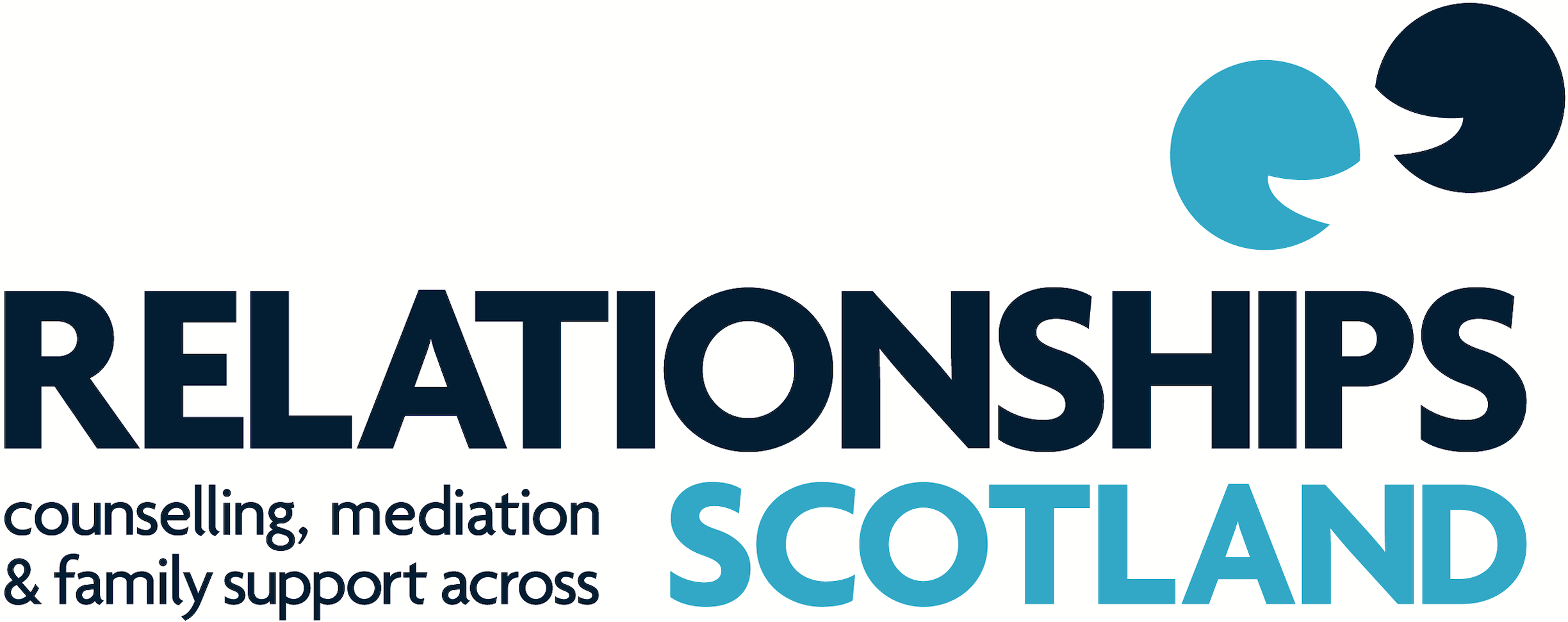
Mediation or Litigation? A Brief Overview of the Benefits of Mediation
Mediation is not being utilised to its fullest potential in Scotland at present. With the Scottish Parliament’s Justice Committee recommending a “wholesale review” of Scots family law this year, I would suggest that this opportunity is used to encourage a greater use of mediation and to raise awareness of the benefits of choosing to settle disputes out of court.
The Gill Review of Scottish Civil Courts in 2009 found that there appears to be a concerning lack of public awareness regarding mediation, or even that it exists, in Scotland. It was reported that while a lot of people had heard of mediation, they did not have a clear idea of what is involved and what it can offer, but that those who had taken part in mediation viewed it in a positive manner and would use it again. Social Research conducted by the Scottish Government showed that only 53% of people asked had an awareness of mediation and that where they had heard of it; they were not entirely sure what it entailed. This suggests that more needs to be done to boost the public’s awareness of mediation in Scotland.
I recently wrote my university dissertation comparing mediation and litigation as forms of resolving family disputes. Central to my discussion were three main arguments: that mediation is more flexible and empowering than litigation, that mediation is better for children and that mediation is both more time and cost effective than raising and settling a dispute in court.
The first reason why it can be suggested that mediation is more flexible and empowering, is because it allows couples to reach their own arrangements, which can be whatever suits the needs their particular set of circumstances. In other words, they are free to reach an agreement that is specifically tailored to best meet the needs of their family, thus allowing for more creative outcomes to be reached. It can be suggested that this cannot be done in litigation because the courts are only looking at the facts of the case from a quasi-subjective view and do not have the same level of understanding and insight into the families’ lives that they do. Moreover, the courts will only have the information about the family’s past and tend to look backwards, whereas the individuals involved directly are able to make decisions looking to the future. People are able to legally enforce the arrangements made during mediation sessions through the registration of a Minute of Agreement or by lodging a Joint Minute with the court. It can also be argued that mediation is more empowering than litigation because when a dispute is settled in court neither party is a “winner”, whereas the whole point of mediation is that people reach their own compromises for themselves, rather than have them forced upon them. Mediation encourages people to take ownership of their own decisions, facilitates communication with their partner and is therapeutic in its nature, and therefore extends their autonomy because it enables them to participate in the decision-making process.
Secondly, I suggest that mediation is better for children than seeking arrangements in court. As mentioned above, mediation allows parents to reach agreements that are specific to their lives and their children’s lives, which is obviously of benefit to their children. Mediation also allows children to have their voices heard through the use of Direct Consultation. This allows children to speak directly with the mediator in person and lets them know their preferences in terms of future arrangements. Specialist training is required here, and mediators have to attend courses to teach them how to effectively communicate with children. Between 2014 and 2015, 143 children were directly involved in Relationships Scotland’s mediation process. It is made clear to the children from the outset that they are not in the position to be making the final decision, as this would put a large amount of pressure on them, but instead the purpose is to obtain their feelings in order to make things easier for them and help reach an arrangement that best suits them. Evidence shows that where children are consulted during the mediation process, there are a number of advantages, thus it can be argued that mediation is better for children than litigation. For example, 61% of parents saw an improvement in their child’s ability to cope after they had attended mediation and 73% reported an improvement in their family situation since starting mediation. This indicates that mediation provides a better framework to hear the voices of children, which is less intimidating and more productive, as it allows them to speak to someone who is specifically trained and express their views in a safe environment. Additionally, where these views are taken, they will almost certainly be given due weight when deciding the outcomes and arrangements because of the flexibility of the process. When compared to practices in place to obtain the views of a child in court, namely the F9 form (which has been deemed “not fit for purpose, off-putting and difficult to comprehend” by the Scottish Faculty of Advocates) it is clear mediation provides a better framework for decision making affecting children.
Finally, I argue that mediation is both more time and cost efficient than litigation. Although it is difficult to provide an up to date and precise portrait of the cost of a divorce or separation in Scotland, in 2012 it was estimated that the average cost per client who went to court was £2,823 in the UK. On the other hand, the average cost per client for mediation was only £675 which is a huge average cost saving of £2,148 per person, clearly showing that mediation is a much cheaper alternative to litigation. The main reason it can be said that litigation is more expensive than mediation is because solicitors are usually paid by the hour, and those whose arrangements are decided by a court take much longer. It is not a new suggestion that resolving a dispute through court is an extremely lengthy process. In contrast, cases that make use of mediation take much less time to resolve, as they take on average 110 days, whereas for those whose cases are non-mediated it takes 435 days, therefore the average time saving is 325 days which is the same as ten and a half months.
I conclude that mediation has a number of clear benefits and should be encouraged in suitable cases wherever possible. I also suggest that Mediation Information and Assessment Meetings should be introduced in Scotland, as in England and Wales, to boost the awareness of mediation and that it should be used to complement the existing legal process. For my full research, please read my dissertation.
Beth Nandwani
